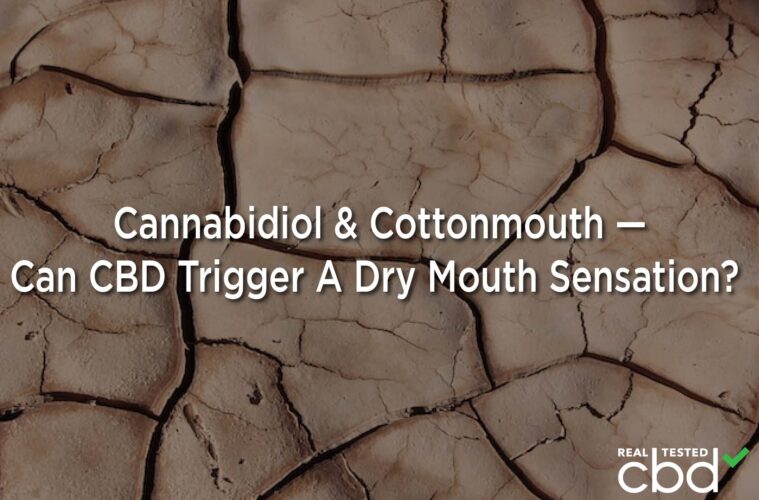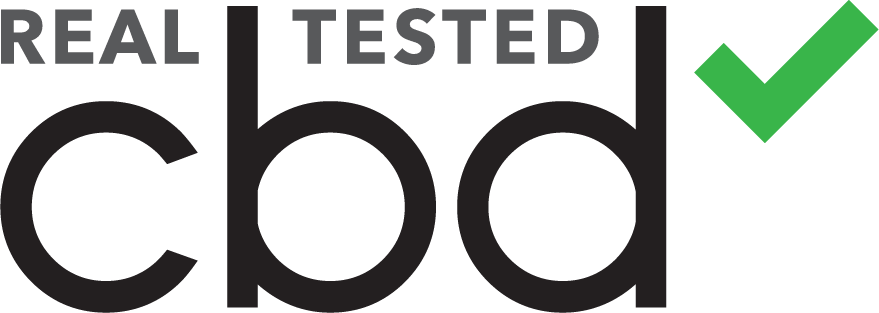Along with the “munchies” and red eyes, “cottonmouth” is a common side effect associated with cannabis use. Many people who use medical or recreational marijuana report feeling a dry mouth sensation. While most scientists believe this reaction is related chiefly to the psychoactive cannabinoid delta-9 THC, hemp fans are curious whether CBD could affect saliva production. Anyone new to CBD should know the likelihood they’ll experience “cottonmouth” when using hemp extracts.
Does CBD Cause Dry Mouth Side Effects?
As mentioned in the intro, most research into cannabis and dry mouth focuses on THC. Recent studies strongly suggest delta-9 THC interacts with CB1 receptors in the brain that can influence saliva secretion. However, current data from Argentina suggests other cannabinoids may play a role in reducing saliva.
Scientists at the University of Buenos Aires discovered many cannabinoid receptors in the human mouth. Not only does the endocannabinoid system (ECS) extend to our salivary glands, it appears these receptors account for approximately 65 percent of total saliva secretion.
Researchers went on to say that the compound anandamide has an antagonistic relationship with these saliva-producing cannabinoid receptors. Anandamide is a naturally-produced “endocannabinoid” that shares many traits with plant-extracted “phytocannabinoids” like THC and CBD. In fact, most researchers believe CBD oil can stimulate the production of anandamide.
If all of these findings are true, it may mean CBD has a direct impact on saliva production, which can translate to “cottonmouth” symptoms. Even though CBD doesn’t land on CB1 receptors as THC does, hemp products could trigger dry mouth due to increased anandamide molecules.
Can Customers Avoid CBD Cottonmouth?
The degree to which you’ll experience CBD cottonmouth depends on your genetics, CBD dosage, and the quality of your hemp product. While there may be no way to 100 percent “prevent” feeling dry mouth after using CBD oil, there are steps you could take to decrease the odds of feeling this side effect.
Most significantly, you need to verify the CBD oil you’re using has third-party lab results. People who complain of “CBD side effects” are often reacting to toxic secondary compounds in low-quality products. Many hemp manufacturers don’t scan their CBD extracts for heavy metals, pesticides, and solvent residue. Please only trust reputable hemp manufacturers that publish third-party lab tests.
It’s also crucial for new CBD customers to start with the lowest recommended dose. The more CBD you take, the greater odds you’ll experience adverse reactions like dry mouth. Only increase your CBD dosage when you feel more comfortable with this supplement.
Customers should also monitor their hydration on days when they plan to take CBD oil. Dry mouth is a common sign of dehydration. Since CBD may influence our salivary glands, it could exacerbate underlying dehydration. If you increase your water intake before, during, and after taking CBD oil, chances are greater that your body will have enough saliva to offset any side effects from CBD.
Find Spectacular CBD That Won’t Mess With Your Saliva!
Despite the popularity of hemp-derived CBD products, the FDA still doesn’t regulate this emerging industry. Therefore, it’s up to each hemp manufacturer to submit their products for third-party lab reviews to verify high-quality standards. Companies that fail to screen their CBD properly could be selling products with high traces of nasty compounds, some of which could trigger dry mouth.
Real Tested CBD takes the time to test dozens of CBD products from some of North America’s top-selling hemp brands. Please use Real Tested CBD’s services to find the best CBD oil for your needs.
Advertising disclosure: We may receive compensation for some of the links in our stories. Thank you for supporting Irvine Weekly and our advertisers.


